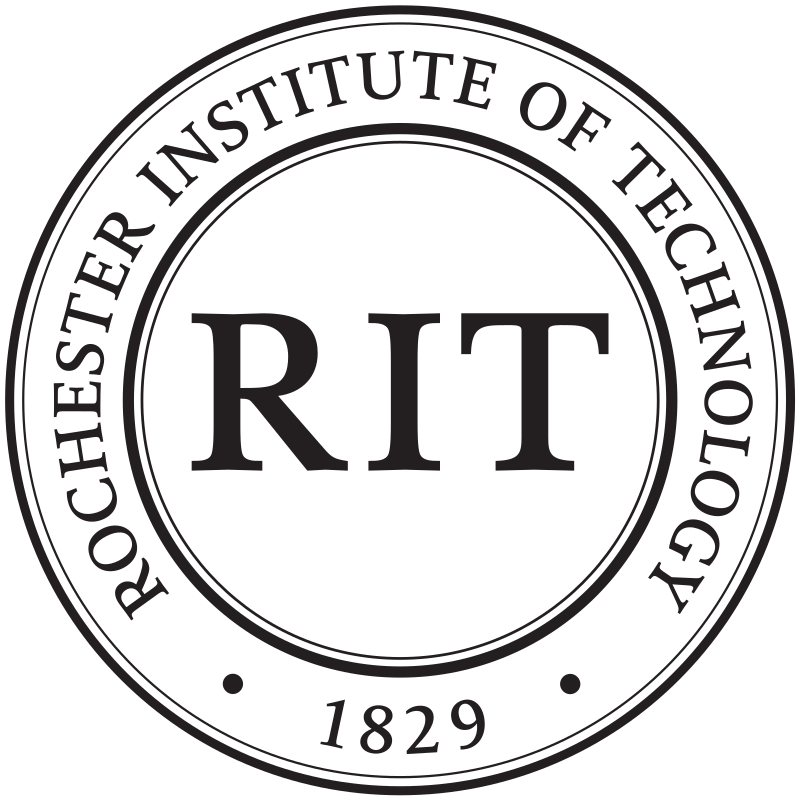
Foreign Education Consultants
Typically replies within minutes
Foreign Education Consultants
Hi There,
How can I help you?

Foreign Education Consultants
Typically replies within minutes
Foreign Education Consultants
Hi There,
How can I help you?
Get university recommendations.
Create SOP for free
Direct university communication
Track your application
Online payments
Don't have an account?
Get university recommendations.
Create SOP for free
Direct university communication
Track your application
Online payments
Already have an account?
Get university recommendations.
Create SOP for free
Direct university communication
Track your application
Online payments
Got your password?

Application Fee
In the electrical engineering master's degree you can customize a specialty of your choosing while working closely with electrical engineering faculty in a contemporary, applied research area. The program gives you the skills to solve business and industry challenges, and deploy high-level solutions to problems affecting the world of engineering technology today.In the electrical engineering master's degree, you have the option of completing a thesis or graduate paper. For those who choose the graduate paper, an additional course is required. Students may also choose a course-only option with a comprehensive exam. All students are expected to attend an electrical engineering graduate seminar every semester they are on campus.
Focus Areas: You may choose among the following eight focus areas: communications, controls, digital systems, electromagnetics, integrated electronics, MEMs, robotics, or signal and image processing.
Electrical Engineering (communications focus area), MS degree, typical course sequence
Course Sem. Cr. Hrs.
First Year
EEEE-602 Random Signals and Noise 3
EEEE-692 Communication Networks 3
EEEE-693 Digital Data Communication 3
EEEE-694 Sensor Array Processing for Wireless Communications 3
EEEE-707 Engineering Analysis 3
EEEE-709 Advanced Engineering Mathematics 3
EEEE-795 Graduate Seminar 0
Second Year
EEEE-790 Thesis 6
EEEE-797 Wireless Communication 3
Graduate Elective
3
Total Semester Credit Hours
30
Electrical Engineering (controls focus area), MS degree, typical course sequence
Course Sem. Cr. Hrs.
First Year
EEEE-602 Random Signals and Noise 3
EEEE-661 Modern Control Theory 3
EEEE-663 Real-Time & Embedded Systems 3
EEEE-707 Engineering Analysis 3
EEEE-709 Advanced Engineering Mathematics 3
EEEE-765 Optimal Control 3
EEEE-795 Graduate Seminar 0
Second Year
EEEE-790 Thesis 6
Graduate Electives
6
Total Semester Credit Hours
30
Electrical Engineering (digital systems focus area), MS degree, typical course sequence
Course Sem. Cr. Hrs.
First Year
EEEE-620 Design of Digital Systems 3
EEEE-621 Design of Computer Systems 3
EEEE-707 Engineering Analysis 3
EEEE-709 Advanced Engineering Mathematics 3
EEEE-720 Advanced Topics in Digital Systems Design 3
EEEE-721 Advanced Topics in Computer Systems Design 3
EEEE-795 Graduate Seminar 0
Second Year
EEEE-790 Thesis 6
Graduate Electives
6
Total Semester Credit Hours
30
Electrical Engineering (electromagnetics focus area), MS degree, typical course sequence
Course Sem. Cr. Hrs.
First Year
EEEE-602 Random Signals and Noise 3
EEEE-617 Microwave Circuit Design 3
EEEE-629 Antenna Theory 3
EEEE-707 Engineering Analysis 3
EEEE-709 Advanced Engineering Mathematics 3
EEEE-710 Advanced Electromagnetic Theory 3
EEEE-795 Graduate Seminar 0
Second Year
EEEE-718 Design and Characterization of Microwave Systems 3
EEEE-790 Thesis 6
Graduate Elective
3
Total Semester Credit Hours
30
Electrical Engineering (integrated electronics focus area), MS degree, typical course sequence
Course Sem. Cr. Hrs.
First Year
EEEE-610 Analog Electronics Design 3
EEEE-707 Engineering Analysis 3
EEEE-709 Advanced Engineering Mathematics 3
EEEE-711 Advanced Carrier Injection Devices 3
EEEE-712 Advanced Field Effect Devices 3
EEEE-726 Mixed-Signal IC Design 3
EEEE-795 Graduate Seminar 0
Second Year
EEEE-790 Thesis 6
Graduate Elective
6
Total Semester Credit Hours
30
Electrical engineering (MEMS focus area), MS degree, typical course sequence
Course Sem. Cr. Hrs.
First Year
EEEE-661 Modern Control Theory 3
EEEE-689 Fundamentals of MEMS 3
EEEE-707 Engineering Analysis 3
EEEE-709 Advanced Engineering Mathematics 3
EEEE-787 MEMS Evaluation 3
EEEE-795 Graduate Seminar 0
Second Year
EEEE-790 Thesis 6
Graduate Electives
9
Total Semester Credit Hours
30
Electrical Engineering (robotics focus area), MS degree, typical course sequence
Course Sem. Cr. Hrs.
First Year
EEEE-636 Biorobotics/Cybernetics 3
EEEE-647 Artificial Intelligence Explorations 3
EEEE-685 Principle of Robotics 3
EEEE-707 Engineering Analysis 3
EEEE-709 Advanced Engineering Mathematics 3
EEEE-784 Advanced Robotics 3
EEEE-795 Graduate Seminar 0
Second Year
EEEE-602 Random Signals and Noise 3
EEEE-790 Thesis 6
Graduate Elective
3
Total Semester Credit Hours
30
Electrical Engineering (signal and image processing focus area), MS degree, typical course sequence
Course Sem. Cr. Hrs.
First Year
EEEE-602 Random Signals and Noise 3
EEEE-670 Pattern Recognition 3
EEEE-678 Digital Signal Processing 3
EEEE-707 Engineering Analysis 3
EEEE-709 Advanced Engineering Mathematics 3
EEEE-779 Digital Image Processing 3
EEEE-795 Graduate Seminar 0
Second Year
EEEE-794 Information Theory 3
EEEE-790 Thesis 6
Graduate Elective
3
Total Semester Credit Hours
30
Admission Requirements
To be considered for admission to the MS program in electrical engineering, candidates must fulfill the following requirements:
Tuition fee-2 years1,06,000
Total fee-2 years1,44,000



